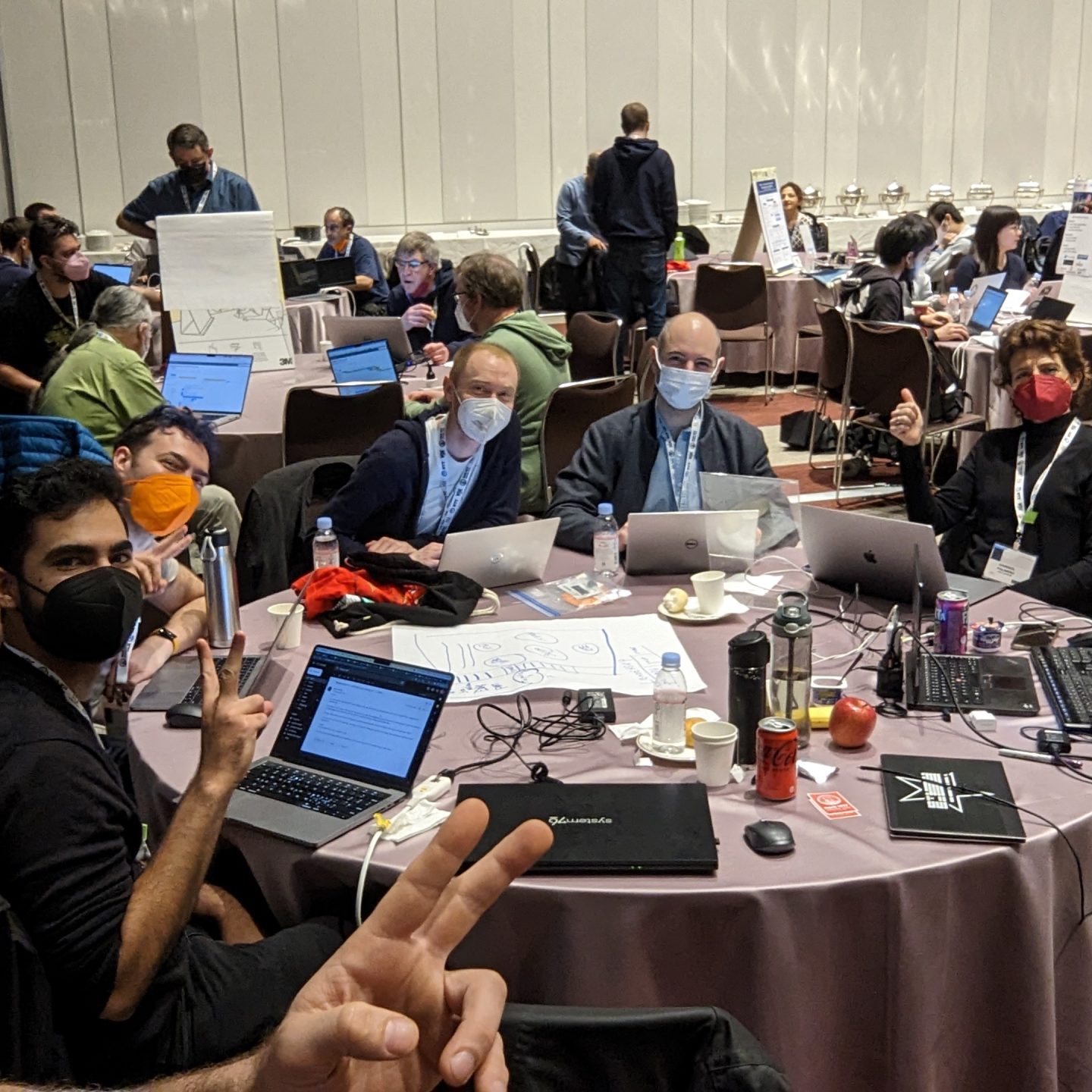Grant Program
Research
Grantee Name
University of Amsterdam
Grant End Date
11 December 2024
Amount Funded
US$250,000
Country
Not Country-Specific
Region
Global
RESEARCH QUESTION
The main research question is: How does Internet infrastructure reconfigure power relationships and resource dependencies, and how could it better serve the public interest?
In order to answer the question, the research develops three research streams: environment, geopolitics, and standards. (1) The research on the topic of environment explores the relationship between natural resources and digital infrastructures, such as the human rights impact of critical raw materials used in server, storage and networking equipment, and the conflicts surrounding water, energy and land use of data centers. (2) The research on the topic of geopolitics focuses on the role of governments and multilateral organizations in the reconfiguration of global communication networks. (3) The research on the topic of standards and implementations focuses on how the development of telecommunication networks, such as 5G, provides a medium in which the geopolitics of infrastructure is inscribed and performed.
WHY IS THIS RESEARCH IMPORTANT?
The project aims to (1) increase the understanding of the main driving forces behind the reconfiguration of power relationships and resource dependencies through Internet infrastructure; (2) analyze how less powerful stakeholders can effectively engage in shaping Internet infrastructure through standard setting and governance; and (3) find out what alternative infrastructural futures should look like if the Internet should continue to serve the public interest?
This research produces concrete recommendations for governments, industry, civil society, and governance bodies. The research outputs serve a wide range of communities that are influenced and affected by contemporary infrastructural developments. 1) Civil society organizations, human rights defenders, digital rights advocates and lobbyists, 2) Policymakers in international negotiations who can benefit from awareness of infrastructure-level risks and opportunities uncovered by the research; 3) Leaders of standards development organizations who can gain insights into standards-setting processes as well as government responses and environmental impact, and 4) Researchers in social sciences, humanities, and natural sciences who study the economics, politics, technical workings, and the societal impact of Internet infrastructure. This research allows all of them to adjust their strategies to a shifting political, technological and natural environment.
METHODOLOGY
Environment stream — a critical supply chain mapping method that includes site surveys of currently deployed data centre hardware; interviews with operators for review and validation; a systematic review of industry publications; quantitative content analysis of policy documents and interview transcripts; desk research on the market availability and geographic production sites of the strategic raw materials, and on understanding the policy, environmental, economic and political conditions for accessing such materials in their respective geographic production sites. The structural negative impact on the ability of the Internet to serve the public interest is measured through reversing the order outlined above, and engaging the actors through semi-structured interviews, focus group discussions, and workshops with policymakers, industry actors, civil society, and local advocacy groups in the affected territories.
Geopolitics stream: a content analysis of a body of policy documents and semi-structured interviews. The final analysis is verified and refined through a workshop involving relevant actors from civil society, policymaking and standards bodies.
Standards stream: “Ethnography of infrastructures”. This research stream starts with a literature review on the state of the art for analyzing software repositories and the technical inscription/enactment of power struggles through technological materiality. Then, critical code analysis/code ethnography is carried out, which means the interpretation of source code as a cultural artefact as cultural analytics of software. The second phase is an iterative process at the heart of which is the construction and comparison of various prototypes, and the third phase is the infrastructural inversion method that combines participative observation in the field with visual observation and technical measurements.
MEDIA AND PUBLICATIONS
See below for research publications and other articles related to the research.
https://www.criticalinfralab.net
https://branch.climateaction.tech/issues/issue-6/

